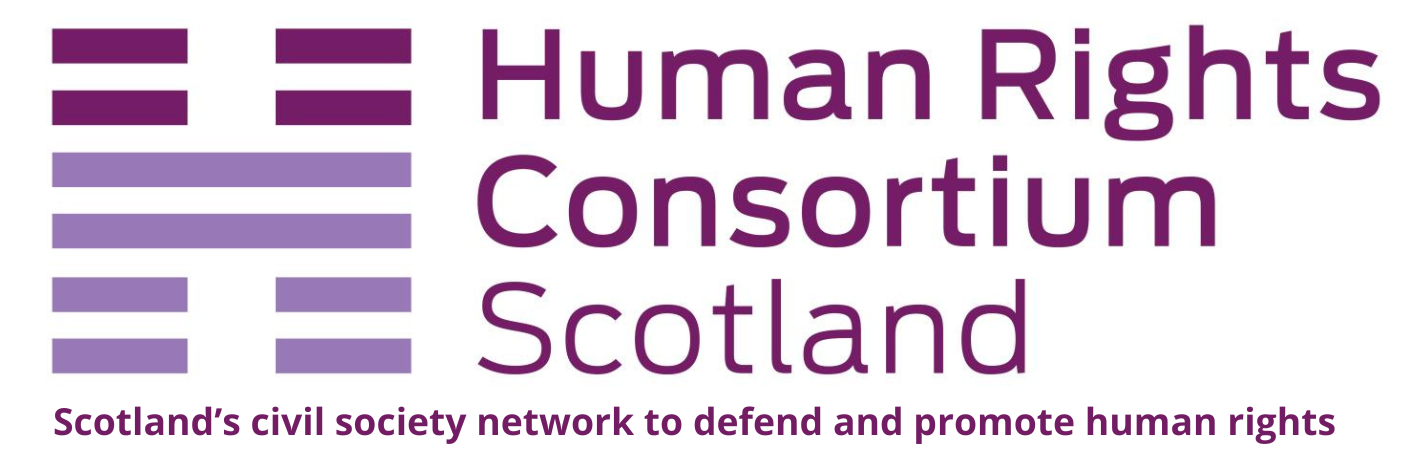Parliament Committee recommends giving all prisoners voting rights
 Image credit: dun_deagh, Flickr: https://www.flickr.com/photos/dun_deagh/10253345204/in/album-72157627413379299/
Image credit: dun_deagh, Flickr: https://www.flickr.com/photos/dun_deagh/10253345204/in/album-72157627413379299/
Prisoners serving custodial sentences should be given the right to vote according to Holyrood’s Equalities and Human Rights Committee.
A majority of the Committee felt that, on balance, not allowing prisoners to vote, did not serve the interests of society, prisoners’ rehabilitation or democracy, and that a blanket ban is arbitrary.
The blanket ban has also been the subject of a European Court of Human Rights judgement. In Hirst v United Kingdom (No 2) 7 , the court ruled that the ban breached Article 3 of Protocol No 1 of the European Convention on Human Rights which requires states to: ‘hold free elections.. under conditions which will ensure the free expression of the opinion of the people.’ The court emphasised that human rights law gives countries a wide degree of discretion in setting electoral rules but that the UK blanket ban fell outside of any acceptable margin of appreciation because it applies to all prisoners given a custodial sentence irrespective of length or gravity of the offence. The punishment was therefore not proportionate.
The Parliament Committee also heard evidence that the current ban is illogical – someone sentenced to prison in Scotland in June 2014 would have been excluded from voting five times by the end of June 2016. Someone who had committed a similar offence but who received a community sentence would have been able to vote on all five occasions. And someone given the same sentence for the same crime over many other similar two-year periods would have missed no votes because there would have been no elections.
Jamie Greene MSP and Annie Wells MSP dissented from the overall conclusion that all prisoners serving custodial sentences should have the right to vote but welcomed wider consultation by the Scottish Government.
Of the 47 member states of the Council of Europe, it appears that, in addition to the UK, the only other countries which have a blanket ban on prisoner voting are: Armenia, Bulgaria, Estonia, Georgia, Hungary and Russia.
It seems that countries following a ‘partial ban’ approach to prisoner voting (often giving, for instance, a judge discretion) include: the Netherlands, Belgium, France, Poland, Cyprus, Romania, Slovakia.
States which have no restrictions or virtually no restrictions on prisoner voting include: Croatia, the Czech Republic, Denmark, Finland, Ireland, Latvia, Lithuania, Norway, Slovenia, Spain, Sweden and Switzerland.
You can read the full Parliament Committee report here.
Image credit: Flickr, dun_deagh, CC BY-SA 2.0
